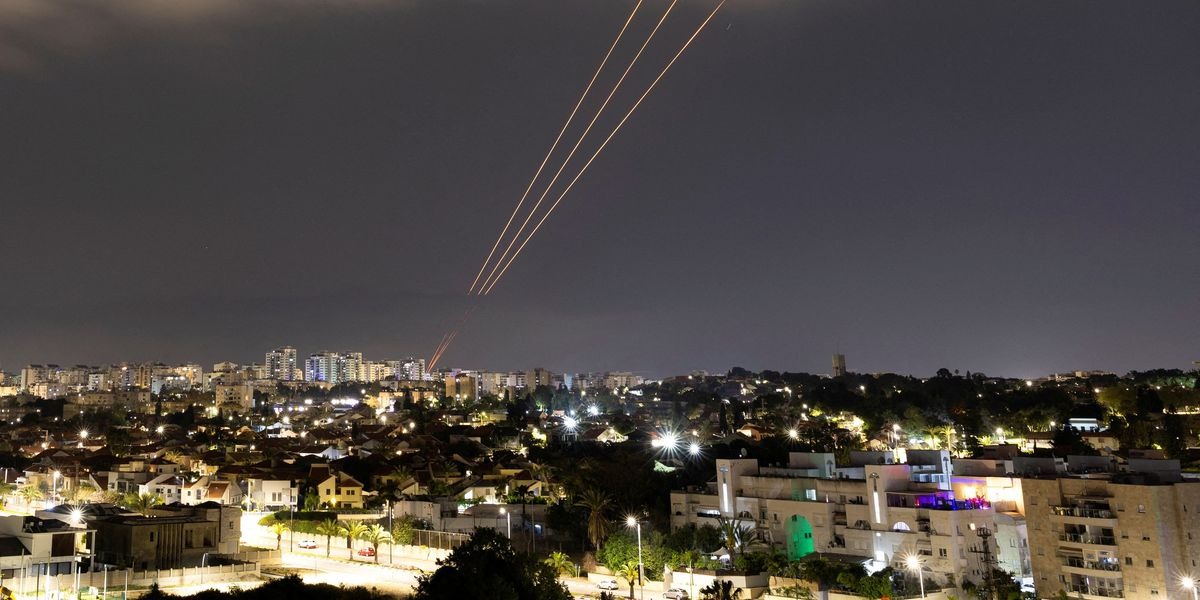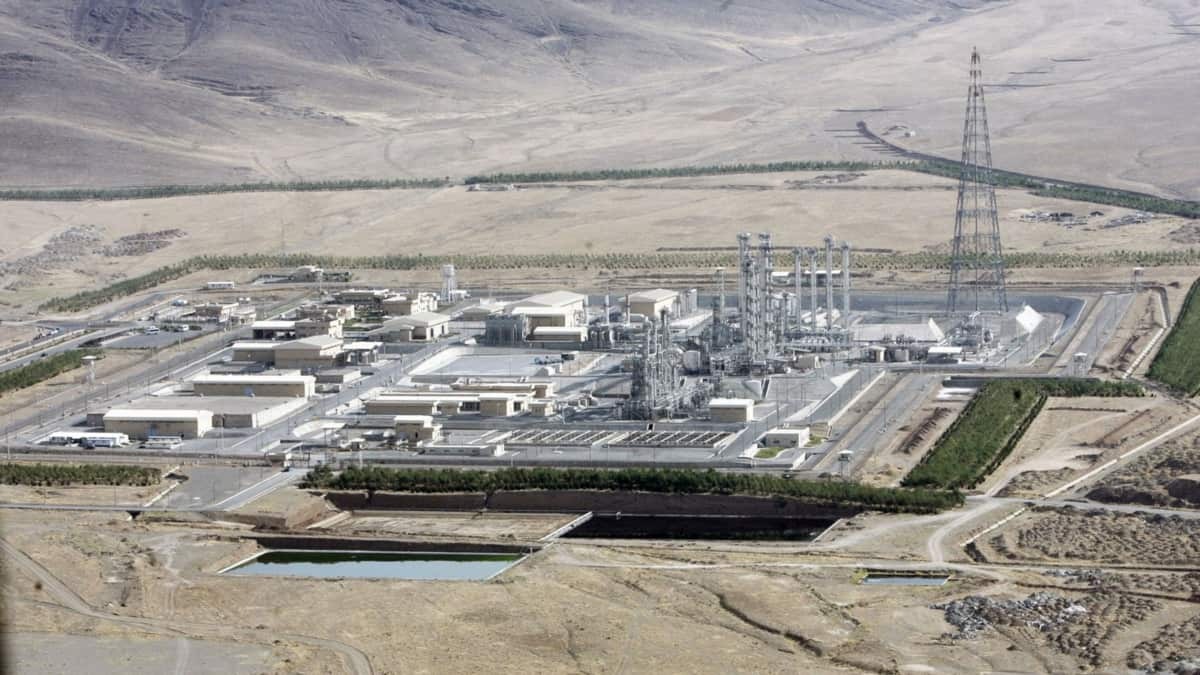On Saturday, Iran caught the world off guard with a direct assault on Israel, launching a barrage of drones, cruise missiles, and ballistic missiles from its own territory. This unexpected move, orchestrated by Supreme Leader Ayatollah Ali Khamenei’s regime, marks an escalation in tensions.
The attack was purportedly in retaliation for the killing of Quds Force commander Mohammad Reza Zahedi by the Israel Defense Forces in Damascus on April 1. Iran targeted not only sites in northern, central, and southern Israel but also Jerusalem itself, a highly symbolic move given Jerusalem’s consequences to both Israelis and Palestinians.
Videos captured the intense engagement as Israeli defenses intercepted Iranian drones above the Dome of the Rock, a revered site in Jerusalem. This marked an outs tanding shift, as Iran’s military wing, the Islamic Revolutionary Guard Corps, commonly known as the Quds Force, played a direct role in attacking Jerusalem, a city of immense religious and cultural importance.

Iran launches risky attack on Israel (Credits: Responsible Statecraft)
As the attacks exposed, Tehran cited Article 51 of the UN Charter as justification, claiming self-defense against Israeli aggression. However, Israel, having intercepted hundreds of Iranian strikes, is unlikely to view the matter as resolved. Instead, the country may feel compelled to respond directly to Iran’s aggression.
The United States, while not seeking to escalate tensions further, has been indirectly drawn into the conflict. U.S. military forces stationed in the region played a crucial role in thwarting Iranian attacks, underscoring America’s involvement in the defense of its allies.
After the attack, Israel has a big choice: how to make sure Iran won’t attack again. Lots of people think Iran’s actions were too extreme, so they expect Israel to hit back hard and make a big impact.

Iran’s Nuclear Sites (Credits: VOA News)
Potential targets for Israeli retaliation include Iran’s nuclear facilities, oil industry, and military infrastructure. Whatever form it takes, Israel’s response is likely to be forceful, aimed at sending a clear message to Tehran and deterring future aggression.
Despite calls for restraint from the international community, including the United States, Israel’s response may be characterized by decisive action. While the Biden administration remains committed to Israel’s security, it has signaled reluctance to support an escalation of hostilities.
During this crisis, both Israel and the United States must carefully weigh their options. The stakes are high, and any miscalculation could lead to further escalation and instability in the region. As tensions continue to simmer, the world watches anxiously, hoping for a resolution that avoids further bloodshed.























